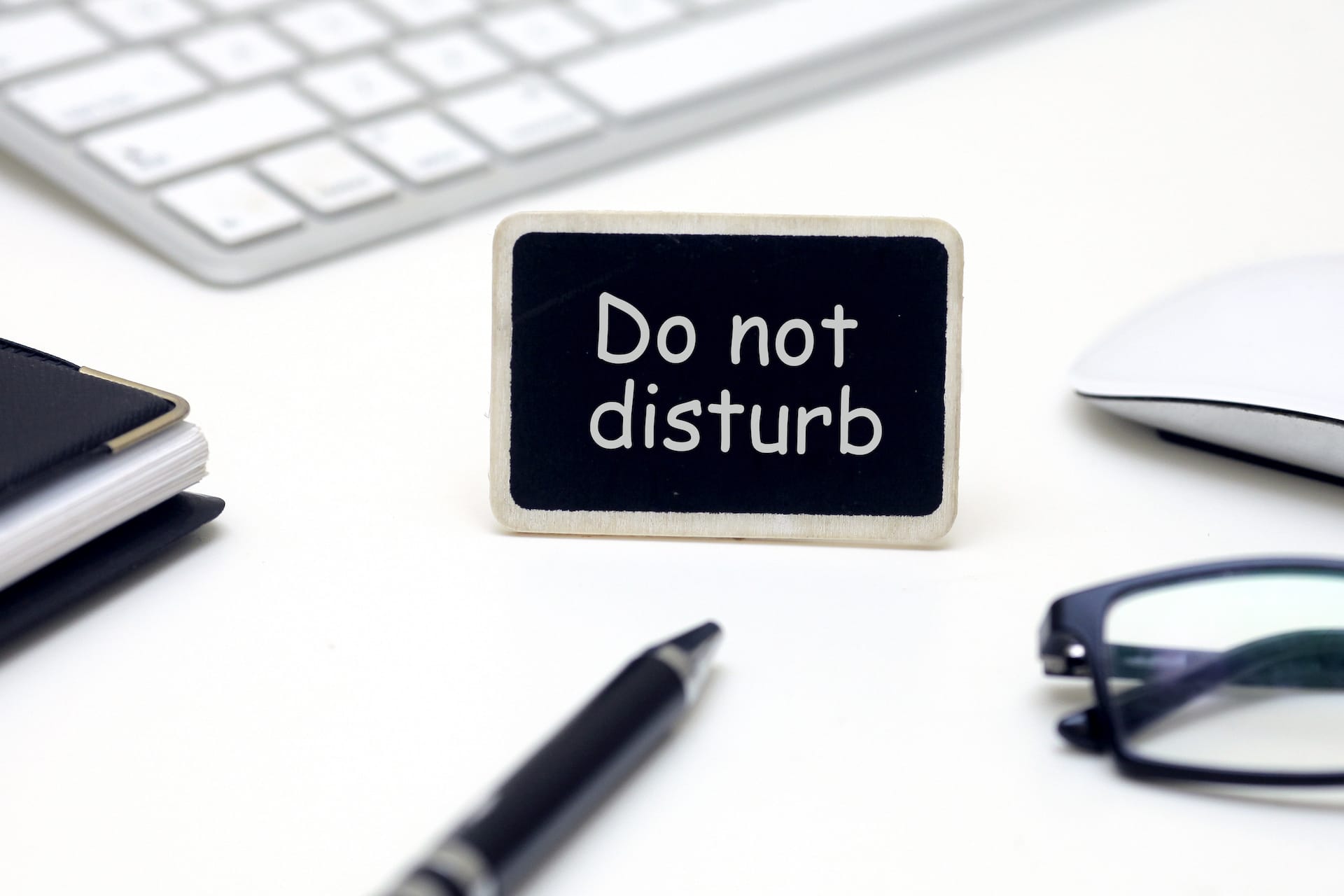Sensory Overload at Work

Excessive workloads, demanding bosses, long hours, heavy workload, low salaries, crammed cubicles, job insecurity, trivial conversation and conflicts with co-workers can be stressful for anyone, especially those who are more sensitive. Whether employed in a corporate environment, a warehouse, retail store, medical field or wherever, there are ways to create calming settings.
The Stressful Scenario
- You wake up and want to pull the covers over your head, but you spring from bed, shower, get dressed, feed the cats, try to make breakfast, but you forgot the eggs.
- So, you grab your backpack, leave home and race to grab a coffee and bagel at a busy restaurant, then speed off to catch the bus where you’re jostled about by random people until you reach work.
- You reach your desk and find it piled with new paperwork. Before even taking off your jacket, the boss calls and says she needs to talk with you. Uh, oh. Luckily (sort of), it’s only another work assignment that’s due by 4 pm. You already feel burned out and overwhelmed.
- The phone rings incessantly, emails pile up, the guy at the next desk over is having a loud conversation about his fabulous vacation and subsequent hangover and stomach upset, two people seem to be staring your way for no apparent reason and the chaos is just ramping up.
- You barely make the 4 pm deadline, realize you’ve not eaten lunch and it’s time to zip out the door to make the bus home. Someone is having a drug-related meltdown on the bus. Soon police board, with guns drawn, and remove the offender. You’re shaking as you disembark, relieved to be entering your own quiet space.


How to Avoid Sensory Overload at Work
For Highly Sensitive Employees
1. Prepare the Night Before
Make your lunch, figure out your clothes situation and make sure you have what you need for breakfast.
2. Ask If You Can Work Remotely Part-time
There’s no harm in asking if this is a possibility. If appropriate to your particular job tasks, this might work out nicely for everyone.

3. Practice Relaxation Techniques
Mindfulness, meditation, yoga and grounding techniques, like deep breathing exercises, can help calm your body and mind.
4. Step Away for a Moment
Take time for a few minutes of relaxation during your breaks. Find a quiet spot, or if your company offers a “sanctuary space,” take advantage of that to recenter yourself. Discover who Sanctuary Spaces can benefit.

5. Talk to your Manager
If workplace stressors become too much, talk with your boss to address the problems and work toward meaningful solutions. You should also be proactive and present realistic and feasible suggestions of your own. Advocate for yourself.
6. Take Your Vacation Days
Big crowds of people and loud ride noises can be difficult for some. Pack earplugs or noise-cancelling headphones before you leave for the park to help manage visual sensitivity to bright sunshine and flashing lights.

For Employers
1. Understand Sensitivity Can Be a Superpower
Many highly sensitive people are hardworking, creative, innovative, dedicated and detail-oriented employees who excel at their jobs. By working with them to make minor accommodations at the workplace can be a win-win situation. See who can benefit from Sanctuary Spaces here.
2. Avoid Overstimulation
When sensory overload sets in, an employee may shut down or retreat completely. This can cause major consequences for your team, projects and budget. Create a “no-meeting day” once a week or designate “do not disturb” times. You can also allow for an audio-only option during some meetings and encourage the use of noise-canceling headphones, dimmable lighting and intermittent screen breaks.

3. Try Not to Put Them on the Spot
When sensitive employees are given the opportunity to have the time to formulate their responses, you’ll receive better performance and ideas. Set agenda and thought-starters before meetings, allow for responses in writing and provide notification when important decisions are coming so employees can adjust and acclimate to the situation.
4. Provide Clear Communication
Sensitive employees are often over-thinkers who don’t do their best when instructions aren’t well defined. Establish a succinct line of communication so that you define your expectations and goals in a straightforward manner.

5. Create a Peaceful Respite
Most everyone works better in an orderly and peaceful environment, but certain individuals are more sensitive to the stimulation around them. Disorganization, loud conversations, bright lighting and strong scents can all be triggers. Provide a space, room or even a pod where employees can get away from all this stimulation. See how Sanctuary Spaces can help here.